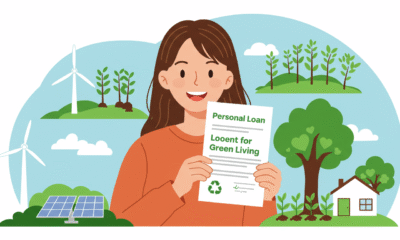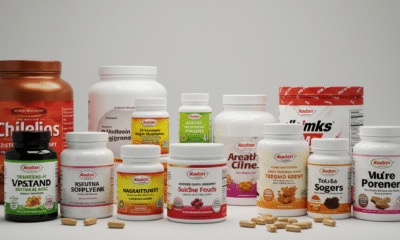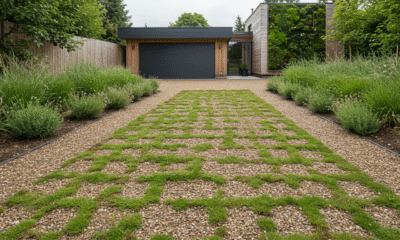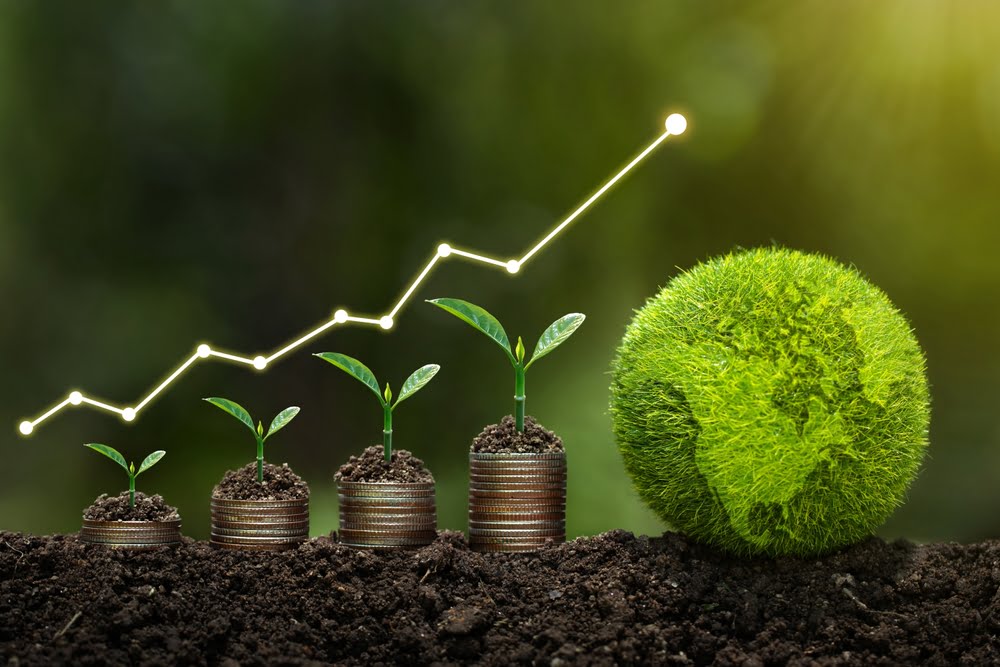
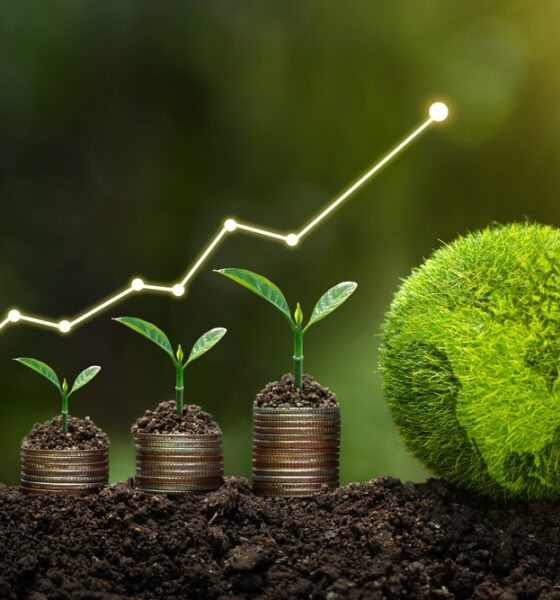
Environment
How to Save the Environment – and Save Money Doing It
We are facing greater concerns about the environment than ever before. The EPA reports that last year we omitted over 66 million tons of pollution into the atmosphere.
Unfortunately, it looks like the environmental problems we are facing are going to just keep getting worse. The good news is that there are ways to both help the planet and our wallet at the same time, as we previously talked about with these three tips.
The year 2023 has not been the kindest to us and for more than one reason. Indeed, there are two specific things that most UK adults have on their minds at the moment: climate change, and the cost of living. But what if there were ways to address both in one fell swoop?
Money woes are rife at present, with energy bills still high even after a recent climbdown from significant spikes – and this is to say nothing of hiked supermarket costs that show no sign of coming back down to earth. Certain sustainability measures can address the cost of living, and vice versa – but which should you attempt at home?
Shopping Second-Hand
Fast fashion is a major culprit for global greenhouse gas emissions and direct environmental pollution, with around 10,000 items of clothing sent to landfill every five minutes in the UK alone. As such, getting off the fast-fashion high-street train can be instrumental in reducing personal liability for the carbon cost of your clothes.
Shopping used, whether for clothing, appliances or other ‘objet d’art’, has become easier than ever. Online platforms like eBay and Vinted are near-endless supplies of pre-loved items, that not only reduce wastefulness but are also far lighter on the wallet. Charity shops are always a viable choice too, and often offer far better bargains than online re-sellers. All that extra money saved can go straight into the savings for your future, or just for a rainy day.
Reducing Energy Consumption at Home
Perhaps our biggest environmental impact comes in the form of our home energy consumption. Heating your home is an unavoidably wasteful endeavour, with heat lost to convection and radiation as quickly as it is generated. But some simple investments in insulation and draughtproofing can dramatically improve the efficiency of your heating system, simultaneously reducing the amount you spend per year on gas.
You can also try to save energy. One option is to use LED lightbulbs. LED lightbulbs can have efficiency ratings of between 40% and 50%, which is around four times as high as traditional incandescent bulbs.
Reduce Food Waste
A surprising amount of the food we see on supermarket shelves has travelled a surprisingly long way to get there – though it’s only a short hop from the shelf to your basket, to your fridge, and then to your bin. Food waste, when contrasted with the air miles that many foodstuffs can accrue, is a sustainability nightmare, albeit one that can be easily addressed.
Meal plans and food shop budgeting can minimise wasteful spending and ensure you aren’t frivolously wasting food in the process. You could even compost your vegetable shavings for an extra feel-good factor!
These are but a smattering of potential ways in which you could address both your wallet and your carbon footprint. This list is by no means exhaustive, with travel options and even small daily habits also worth considering in your journey to sustainable living. Each little step helps, though, both with regard to your financial security and the security of our only habitat.
You will want to do everything you can to both help the planet and save money at the same time. The advice listed above should be a great start.


 Environment12 months ago
Environment12 months agoAre Polymer Banknotes: an Eco-Friendly Trend or a Groundswell?

 Features11 months ago
Features11 months agoEco-Friendly Cryptocurrencies: Sustainable Investment Choices

 Features12 months ago
Features12 months agoEco-Friendly Crypto Traders Must Find the Right Exchange

 Energy11 months ago
Energy11 months agoThe Growing Role of Solar Panels in Ireland’s Energy Future


